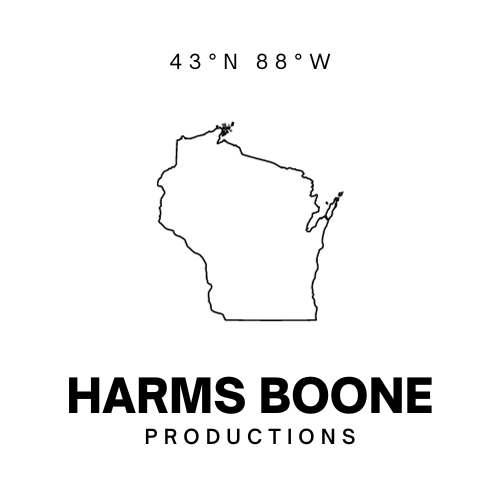A couple years ago we found a copy of Richard Wright’s famous novel Native Son tucked into the corner of a Goodwill’s book section. It sat on the shelf and in the queue of both our long reading lists until I finally decided to pick it up this year. I’ve been a pretty slow reader lately so it took me a while to get through the book but I’m glad I took the time to read it.
About halfway through the book I started wondering why it took me until I read Ta-nehisi Coates’s Between the World and Me to know who Richard Wright was. This book was just as good if not better than the classics we read in high school like Brave New World, Of Mice and Men, The Great Gatsby, and All Quiet on the Western Front — some of these authors are even Wright’s contemporaries. Why not include a book that wrestles with the same weighty societal mores but from the perspective of a black artist in 1940s Chicago? The answer is surely nuanced and multi-faceted but part of it surely had to do with the fact that our district’s English curriculum was largely, if not entirely, set by white people.
Native Son is a book about power, violence, fear, and survival. It’s a book about how crimes and criminals are created in the hearts and minds of society reflecting onto individuals. It’s about words and actions speaking louder than money. And it’s also about an anti-hero, Bigger Thomas, a black man in Chicago who accidentally kills a white woman.
From the beginning of the book, Wright doesn’t set you up to love Bigger. He’s cruel to his sister, his mother, his friends, pretty much everybody else in his life. He gets offered a job in a wealthy white household to be their chauffeur and through an escalating set of circumstances, ends up killing their daughter. Wright’s narration throughout these events helps you understand Bigger’s actions, reactions, and perspective on the lot was dealt and ultimately keeps him sympathetic, even if you’re never fully rooting for him.
Aside from the beautiful writing, what struck me most about the book was how little has changed. You don’t hear about vigilante mobs coming after black men accused of committing crimes against white people now, but you do hear them dehumanized with a lot of the same language used by the newspapers and white people in Native Son. You still see well meaning white people “giving a chance” to black people they perceive as “troubled” while simultaneously reinforcing systems of oppression against those same populations.
There’s a myth a lot of northern people still believe that slavery, racism, and segregation didn’t exist in states that didn’t secede during the civil war and Native Son does a good job of exposing and showing just how those systems worked in big northern cities like Chicago. Wright shows how housing discrimination was much more than the redlining policies where mortgages weren’t given to people who lived in certain parts of the city. It was also a systemic practice of refusing to rent in certain parts of the city to black families.
Mr. Dalton, the well-to-do white man who hires Bigger as a driver, was also his family’s landlord. During his trial, Bigger’s attorney questions Dalton asking why he charges more in rent to black families than white families. His answer, there’s more demand for housing in black neighborhoods which drives up rent. His attorney follows up to ask why Dalton refuses to let black families rent in white neighborhoods with lower rent he calls it a matter of practice and tradition. Thus the Black Belt of 1930s Chicago was created through a systemic practice of segregation that raised rents on disproportionately poorer black families, and reinforced by the practice of redlining those wealthier families out of home ownership opportunities. Today, gentrification carries on this legacy in many cities.
Those same policies lead to prejudices and Wright doesn’t let you forget that Bigger was born and became an adult believing he embodied the stereotypes he was born into. He saw himself a certain kind of person: black, a criminal, and in poverty, facing a world full of those like him and others. And when you’re born believing you’re a certain way, it’s hard to see many other possibilities. We still struggle with this problem today. We see it in unemployment rates, standardized test scores, patterns of gentrification, access to social services, voting rights… the list goes on an on. We also still see white savior types like Mr. Dalton throwing money at communities or rushing to give people a “chance” without understanding the underlying human condition.
All in all, Native Son was a sad story reflecting a sad reality that hasn’t changed much in the intervening 77 years since it was published. Heartbreaking is how I think about Bigger, his family, his friends, the Daltons, and the City of Chicago portrayed in the book. It’s also the word I use when I think about Jamar Clark, Tamir Rice, their families, all the white folks (probably including me!) who try to fix when they should be listening, and all the systems that still keep minorities apart, unequal, and disenfranchised.
